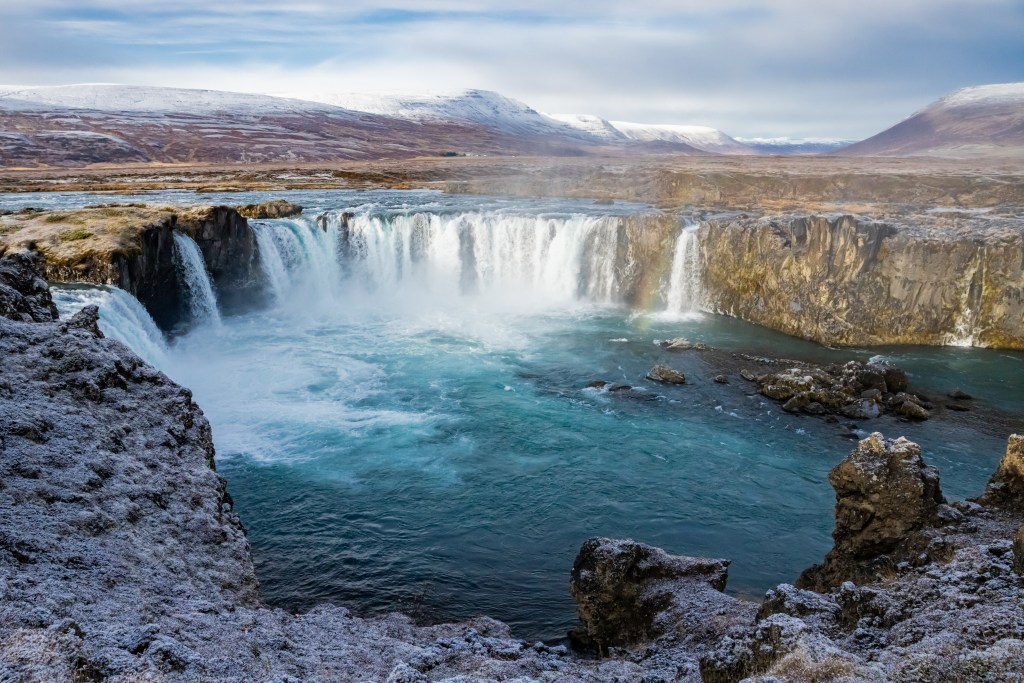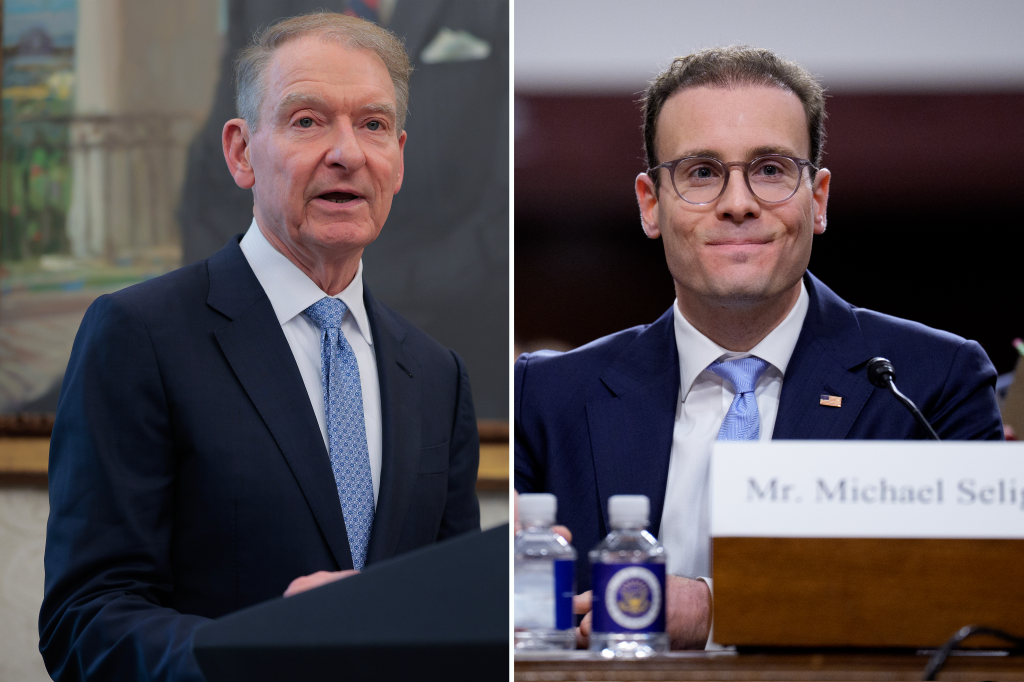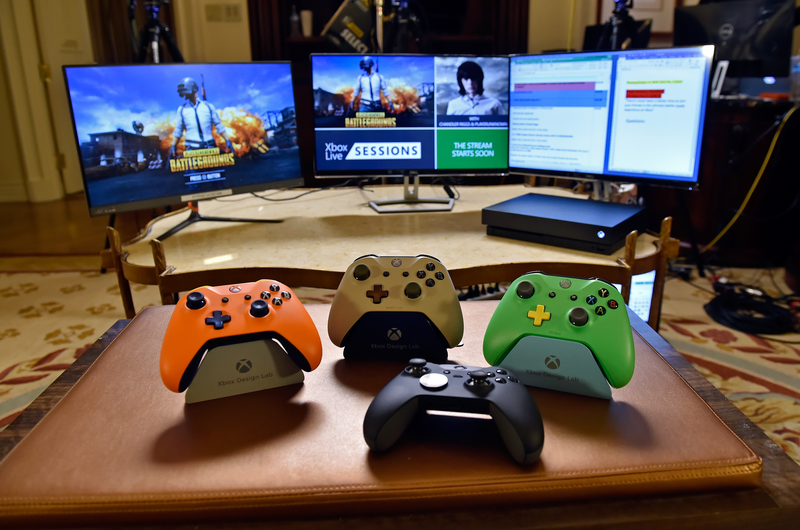Microsoft Corp. has been required to pay a $20m civil penalty for violating the Children’s Online Privacy Protection Act (COPPA) and the Children’s Online Privacy Protection Rule (COPPA Rule) by collecting and storing kids’ personal information without their parents’ consent.
The Justice Department, together with the Federal Trade
Register for free to keep reading
To continue reading this article and unlock full access to GRIP, register now. You’ll enjoy free access to all content until our subscription service launches in early 2026.
- Unlimited access to industry insights
- Stay on top of key rules and regulatory changes with our Rules Navigator
- Ad-free experience with no distractions
- Regular podcasts from trusted external experts
- Fresh compliance and regulatory content every day













